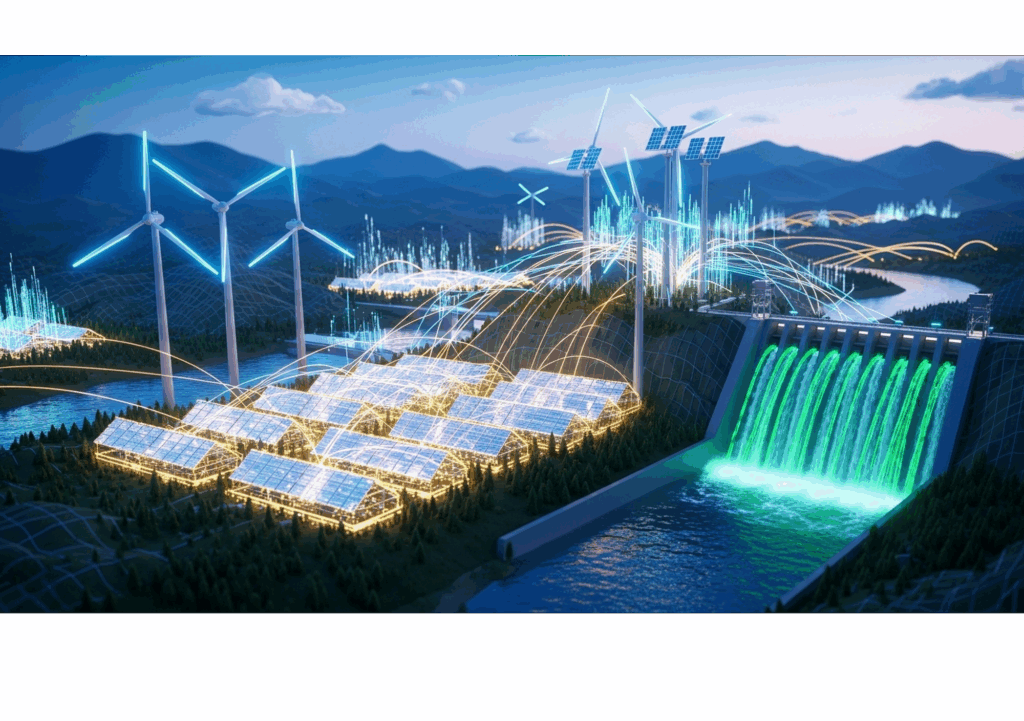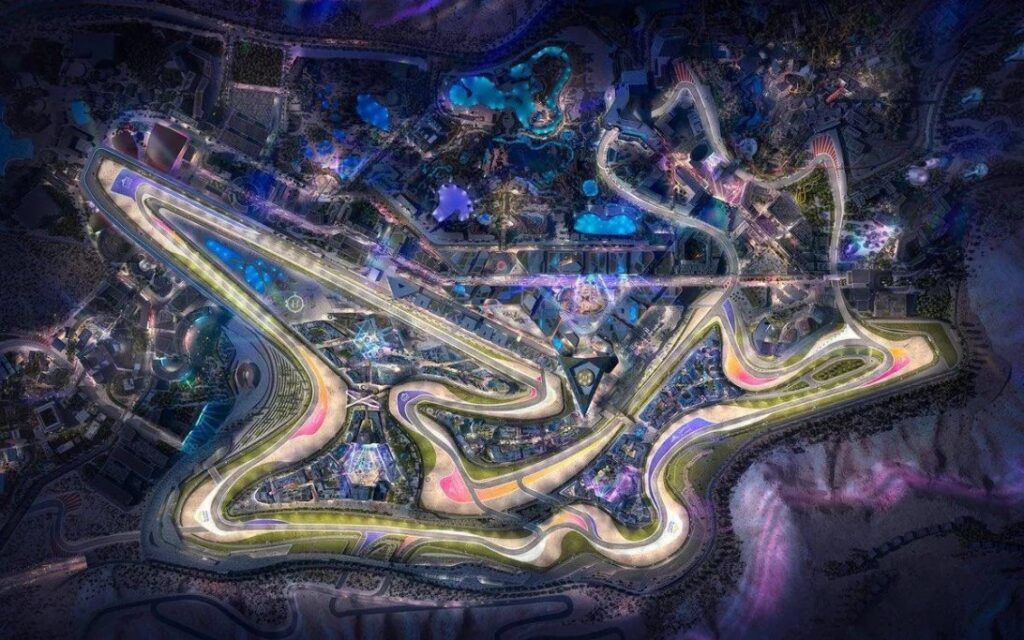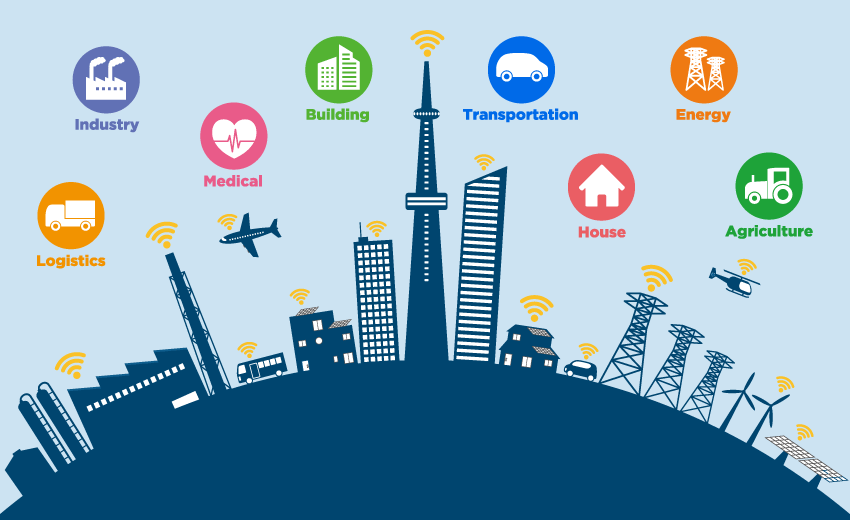Discover how MTi Arabia’s unified IoT solutions transform utilities management. From data to efficiency, cities gain real-time insights that boost sustainability and resource optimization.
Turning Data to Efficiency in Modern Cities
In the era of smart cities face growing challenges in managing their essential utilities – water, gas, and electricity. As populations expand and resources become scarcer, efficiency is no longer optional. The shift from fragmented systems to integrated IoT metering platforms enables municipalities to move from data to efficiency, unlocking new levels of sustainability and operational intelligence.
By connecting diverse meters into one unified platform, decision-makers can visualize consumption patterns, detect anomalies instantly, and optimize infrastructure based on real-time analytics. This transformation not only reduces waste but also empowers cities to meet sustainability goals aligned with Vision 2030 initiatives across the Gulf Cooperation Council (GCC).
How Unified Smart Metering Transforms Utilities
Real-Time Monitoring and Predictive Insights
Traditional metering systems often operate in isolation, making it difficult to capture accurate or timely data. With an IoT-enabled ecosystem, all utility meters communicate through a single platform, allowing real-time data flow. This connectivity ensures early detection of leaks, inefficiencies, or irregular consumption.
Moreover, predictive analytics tools can forecast demand and alert operators before issues escalate, minimizing operational downtime and improving resource allocation.
Centralized Control Through a Single Dashboard
One of the key advantages of integrated metering lies in its centralized dashboard, where water, gas, and electricity data converge. Operators no longer need to toggle between multiple systems – everything is visible, measurable, and actionable in one place.
This unified visibility promotes cross-utility efficiency, helping urban managers plan maintenance schedules, balance loads, and identify inefficiencies across multiple networks. As a result, both energy and water conservation targets become achievable with greater precision.
Enhancing Urban Sustainability with IoT Integration
Reducing Waste and Carbon Footprint
When utilities are digitally integrated, cities gain unprecedented control over how resources are consumed and conserved. IoT- driven insights allow for faster interventions and reduce wastage in distribution networks. Consequently, this leads to a lower carbon footprint and more responsible energy and water use – essential pillars of sustainable urban development.
Empowering Data-Driven Decision Making
Every sensor, meter, and connected device contributes to a larger ecosystem of actionable intelligence. Through data-driven governance, municipalities can make informed decisions that directly impact citizens’ quality of life. From optimizing street lighting schedules to balancing energy grids during peak hours, the path from data to efficiency becomes a tangible reality.
Case Insight: Smart Integration for Resource Efficiency
In one regional smart city initiative, MTi Arabia showcased how integrating water, gas, and power meters within a single IoT platform transformed urban operations. The system provided authorities with a live overview of consumption, automated alerts for irregularities, and long-term analytics for sustainability planning.
This project demonstrated the practical benefits of unified metering – lowering operational costs, improving maintenance efficiency, and ensuring sustainable growth. Beyond the technical innovation, it also highlighted the strategic importance of having an interoperable infrastructure capable of adapting to future city needs.
The Future of Smart Utilities in the GCC
The Gulf Cooperation Council (GCC) region is leading the way in smart city development, prioritizing digital transformation across utilities and infrastructure. As cities like Riyadh, Doha, and Dubai continue their sustainability journeys, integrated IoT metering becomes the cornerstone of resilient urban ecosystems.
With MTi Arabia’s engineering and integration expertise, municipalities can build smarter, data-centric environments that transform raw data to efficiency, achieving not only operational excellence but also environmental balance for generations to come.
Contact our team to discover how we can help you create more sustainable urban environments.



